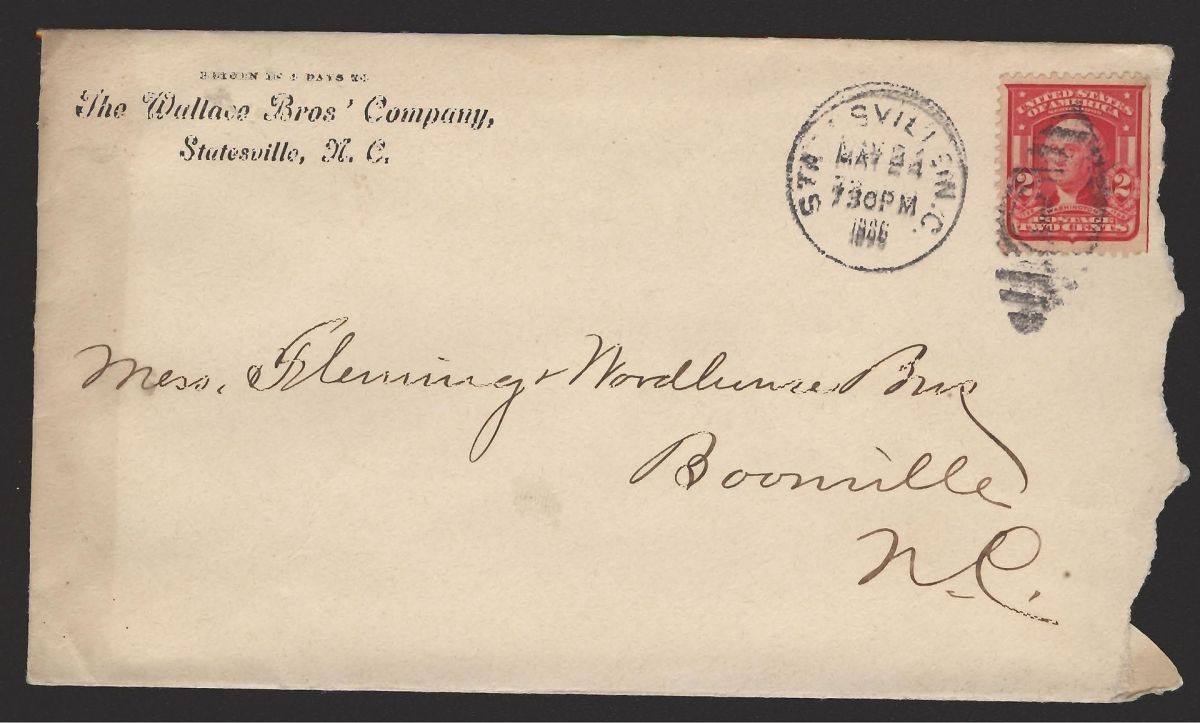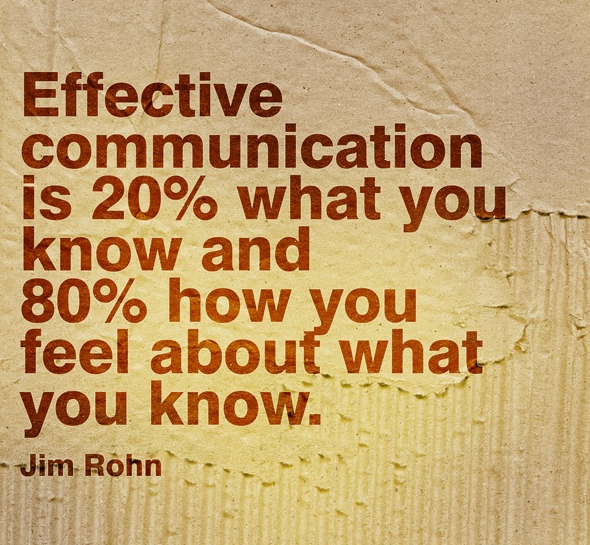My biggest takeaway from this course is learning how to communicate well. I personally felt that communication is the key to success, it takes place across our whole lifetime. Someone’s ability to communicate well not only comes from experience but also learning about the basis of communication, of which we learned in this course. Throughout this course, I’ve learnt to be a more effective communicator than before, recognizing the mistakes and faults that I made while communicating with others. Before this module, I always felt that communication is best done if I speak up my mind. But at times, what I tried to communicate may get lost in translation despite our best intention. We may say one thing and the other party hears something else and that is where misunderstandings, frustrations and conflicts ensue. Being a better communicator would allow me to prevent these situations from happening. After going through the first few lessons on verbal and non-verbal communication skills, I found out that there is more than we think in a simple conversation between two parties.
Like I mentioned before, I always felt that communication is best done if I were to just say what is on my mind. I realized that communication is a two-way street, it is not only how I conveyed the message but also how best can I conveyed it so that the person receiving it understand it the exact way I intended, like a transmitter and receiver in a more technical term. Likewise, it is also important how I listen to gain the full meaning of what is being said by the other person so that I am able to make the other person feel heard and understood.
Another important point is the non-verbal communication skills that I need to hone. It is important to first acknowledge that it plays a big part during communication. Our facial expression, gestures, eye contact, posture and tone of voice are more often than not speak the loudest during a conversation. The ability to use them is not enough, but a good communicator must also understand it so that one can better connect with others and build better relationships.
Throughout this module, I am happy to gain the knowledge being taught in every class as I am able to better and further understand not only about others but also myself.
The module allowed me taught me to grow as a better communicator, not only as but I an able to understand myself better, as a communicator, knowing what my strengths and weaknesses are as a communicator. With that, I am able to work on my communication skills and work towards being a better communicator.
I would like to thank Brad and my classmates for going through this journey with me and imparting all the different knowledge and making this experience is joyful for me. 🙂



